Tandoori dishes are loved for their smoky aroma, slightly charred exterior, and juicy, well-marinated interiors. Traditionally, this taste comes from clay tandoors that reach intense temperatures and infuse food with natural smoke. But the good news is—you don’t need a traditional tandoor to enjoy the same flavours at home. With the right methods and cookware, you can recreate restaurant-style tandoori magic on a regular gas stove.
This detailed guide explains how heat, cookware material, and smoky techniques can help you achieve authentic tandoori taste right in your kitchen.
Table of Contents
- 1. Why Tandoori Flavour Is Difficult to Achieve at Home
- 2. Best Ways to Get Tandoori Flavour on a Gas Stove
- 3. Try the Dhungar (Charcoal Smoking) Method
- 4. Use Direct Flame for Charring
- 5. Use a Heavy Roti Grill (Jali)
- 6. Preheat Your Pan Properly
- 7. Use the Right Marinade
- 8. Finish With a Smoky Glaze
- 9. Cookware That Helps You Achieve Tandoori Flavour
- 10. Additional Tips for Restaurant-Level Tandoori Taste
- 11. Conclusion
Why Tandoori Flavour Is Difficult to Achieve at Home
Understanding what makes food taste “tandoori” helps you recreate the effect:
-
High heat sears food instantly
-
Charcoal smoke infuses earthy aroma
-
Clay oven effect radiates heat evenly
-
Yogurt-based marinade caramelises beautifully
-
Direct flame exposure adds natural char
Each of these elements can be mimicked with thoughtful cooking choices.
Use a Cast Iron Tawa or Grill Pan (Closest to a Clay Tandoor) Cast iron reaches very high temperatures and holds heat for long periods—similar to the inside of a clay tandoor. For the best results, choose: Why cast iron works so well: Creates authentic char lines Gives smoky, earthy undertones Retains heat long enough to mimic tandoor cooking Pro tip: Heat the pan until lightly smoking before placing the marinated items. Meyer Pre-Seasoned 30cm Cast Iron 2-in-1 Grill & Griddle
This simple technique adds deep, restaurant-style smokiness. How to do it: Heat a piece of charcoal directly on the gas flame until glowing. Place a small steel bowl in your cooked dish. Add the hot charcoal to the bowl. Drizzle ghee on it—it will start smoking instantly. Cover for 5–10 minutes. This method works beautifully for both paneer and chicken tikkas, smoked dals, and roasted vegetables. Just like restaurants finish dishes inside the tandoor, you can finish yours on a gas flame. You can: Skewer paneer or veggies and rotate above the flame Place rotis or baingan directly on the flame Lightly char cooked tikkas for a smoky finish Be careful not to hold the skewer too close to prevent burning. A sturdy, flame-safe jali allows you to place marinated pieces directly over the flame. It’s especially useful for: Paneer cubes Capsicum pieces Chicken strips Corn on the cob A heavy-gauge jali gives even charring without warping. Most tandoori dishes go wrong because the pan isn’t hot enough. To mimic tandoor-like temperatures: Preheat the pan for 5–7 minutes Water droplets should evaporate instantly This helps food caramelise quickly without turning soggy. A proper tandoori marinade ensures good caramelisation. Ingredients you must include: Brush a little mustard oil before grilling for an iconic smoky aroma. After cooking, increase the flame and drizzle a few drops of ghee into the pan. Toss the tikkas quickly. This gives: While you can experiment with many pans, some cookware delivers significantly better results: Cast Iron Cookware Meyer Pre-Seasoned Cast Iron Grill Pan Meyer Pre-Seasoned 30cm Cast Iron 2-in-1 Grill & Griddle Hard-Anodized and Heavy-Gauge Pans Great for browning and searing marinated items. Premium Non-Stick Grill Pans Circulon Momentum Non-Stick 24cm Square Grill Pan Don’t overcrowd your pan—steam kills the smoky effect. Shake off excess marinade before placing food on heat. Brush lightly with mustard oil mid-cooking. Flip only when the first side is seared properly. Allow food to rest to retain moisture. Achieving tandoori flavour at home is easier than most people think. With the right high-heat cookware, marination technique, and smoke infusion methods, you can recreate restaurant-style tikkas, kebabs, and grilled vegetables even on a regular gas stove. Cast iron cookware—especially pieces like the Meyer Pre-Seasoned Cast Iron Grill Pan or the Meyer 2-in-1 Cast Iron Grill & Griddle—helps you achieve the intense heat and char that define tandoori cooking. If you prefer healthier, oil-efficient grilling, the Circulon Momentum Non-Stick Grill Pan offers excellent browning with minimal sticking. Whether you choose dhungar, direct flame charring, or high-heat grilling, each method adds a layer of authenticity that brings your dishes closer to real tandoor flavours. With a little practice and the right tools, you can enjoy smoky, juicy, perfectly charred tandoori dishes any day of the week—no clay oven required. 
Best Ways to Get Tandoori Flavour on a Gas Stove
Try the Dhungar (Charcoal Smoking) Method
Use Direct Flame for Charring
Use a Heavy Roti Grill (Jali)
Preheat Your Pan Properly
Use the Right Marinade
Finish With a Smoky Glaze
Cookware That Helps You Achieve Tandoori Flavour
These pans deliver authentic char, high heat, and deep smoky notes—ideal for all tandoori-style dishes.
This pan has excellent heat distribution and a patented Hi-Low release system that helps achieve grill marks without sticking—perfect for tikka-style cooking with less oil.Additional Tips for Restaurant-Level Tandoori Taste
Conclusion


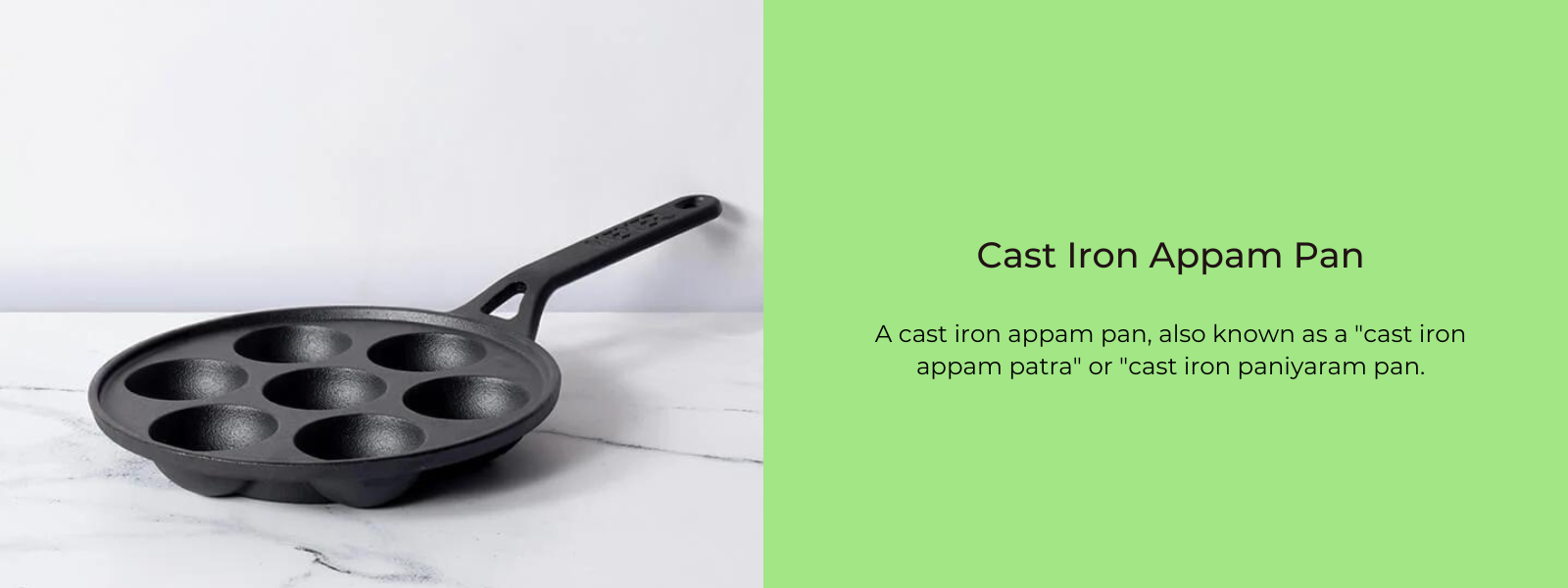
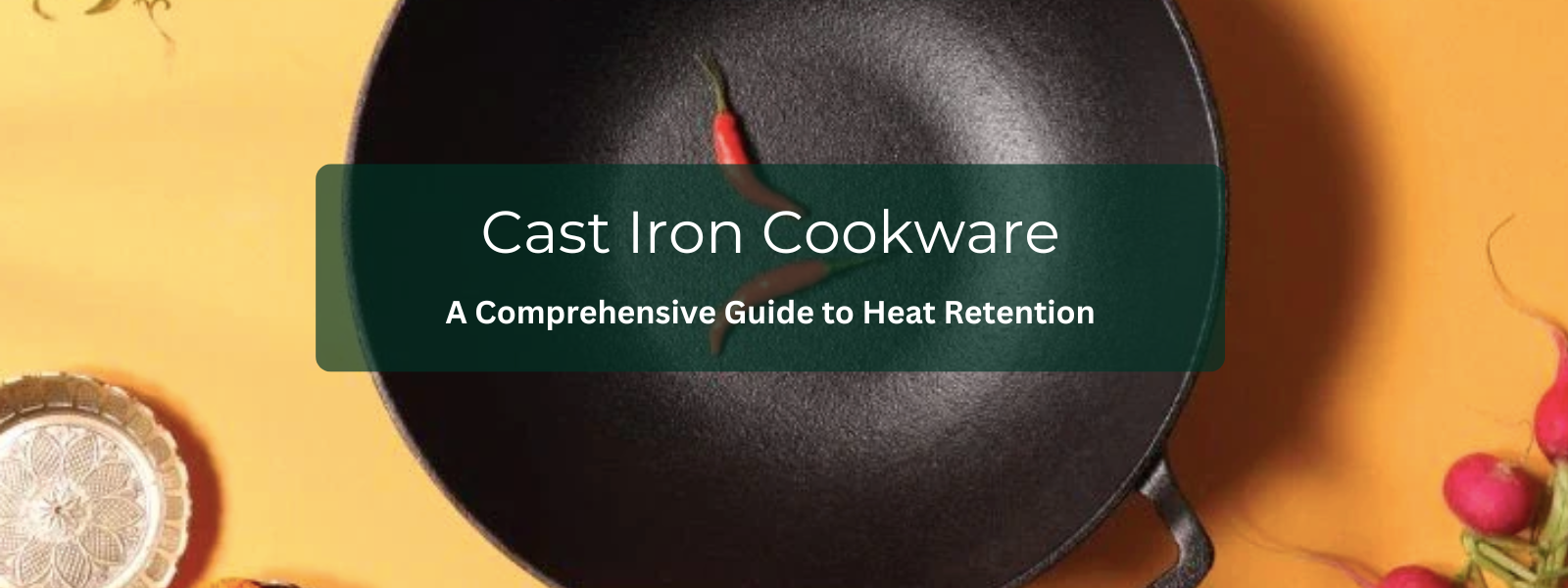
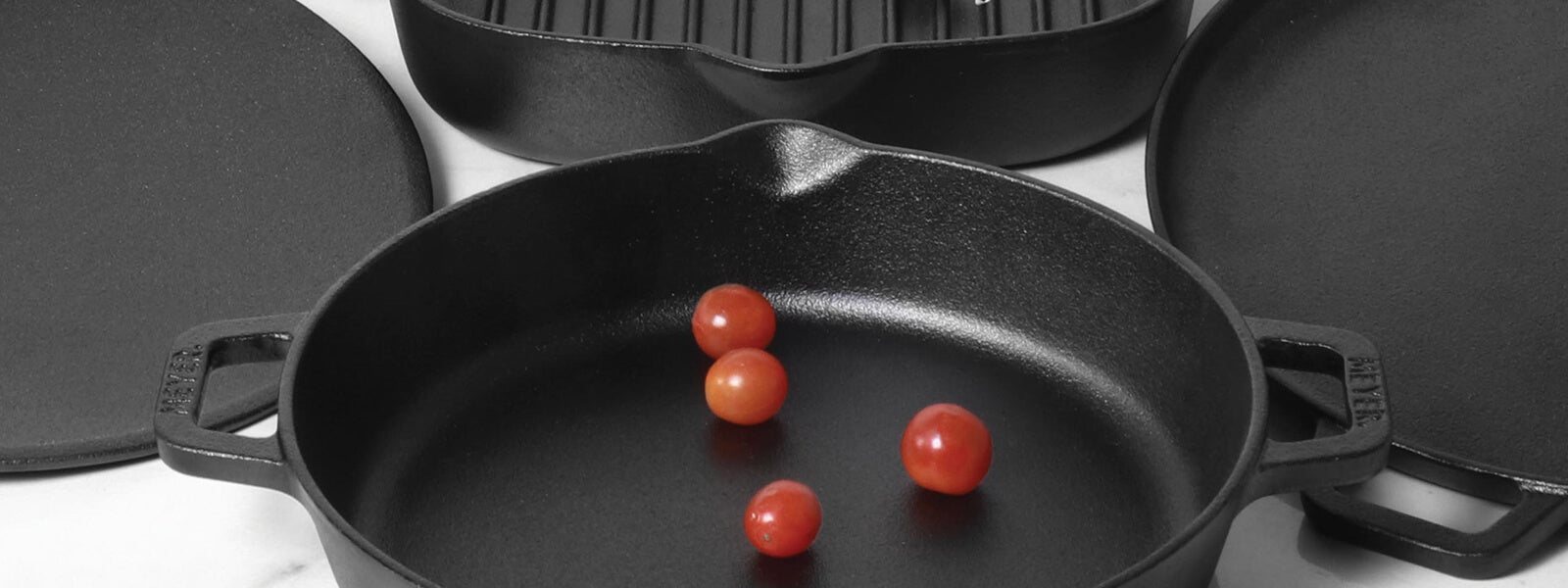
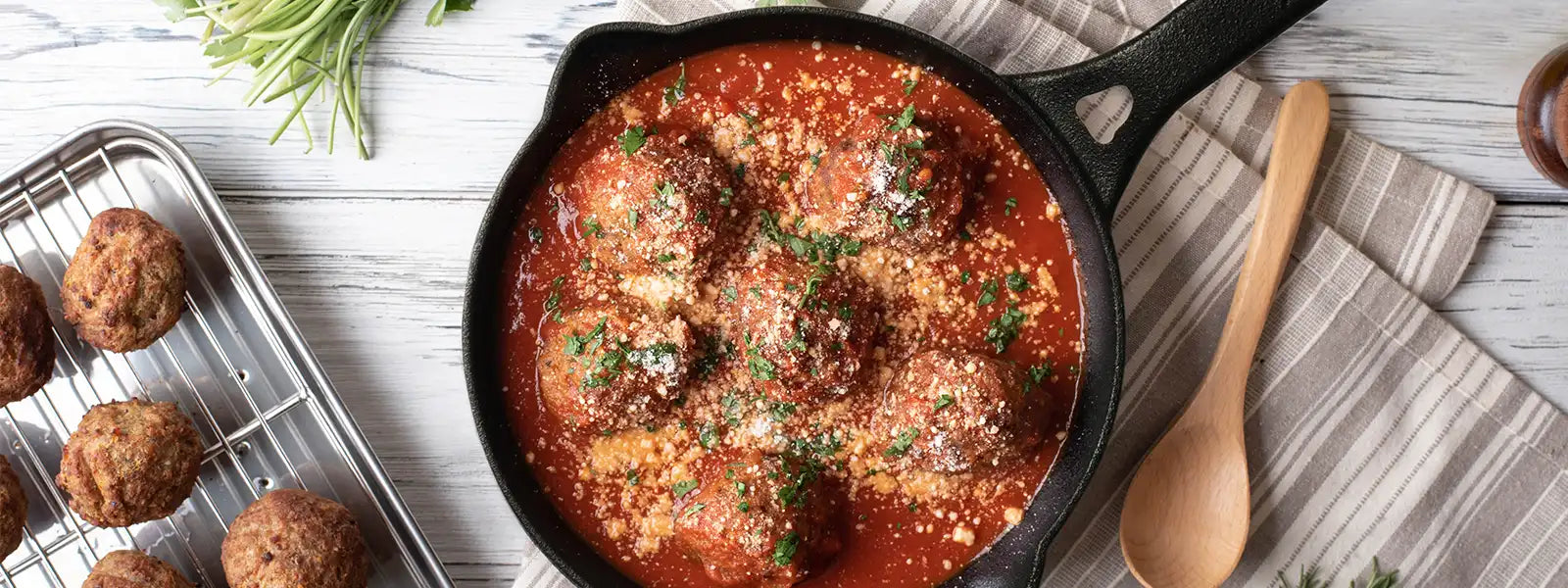
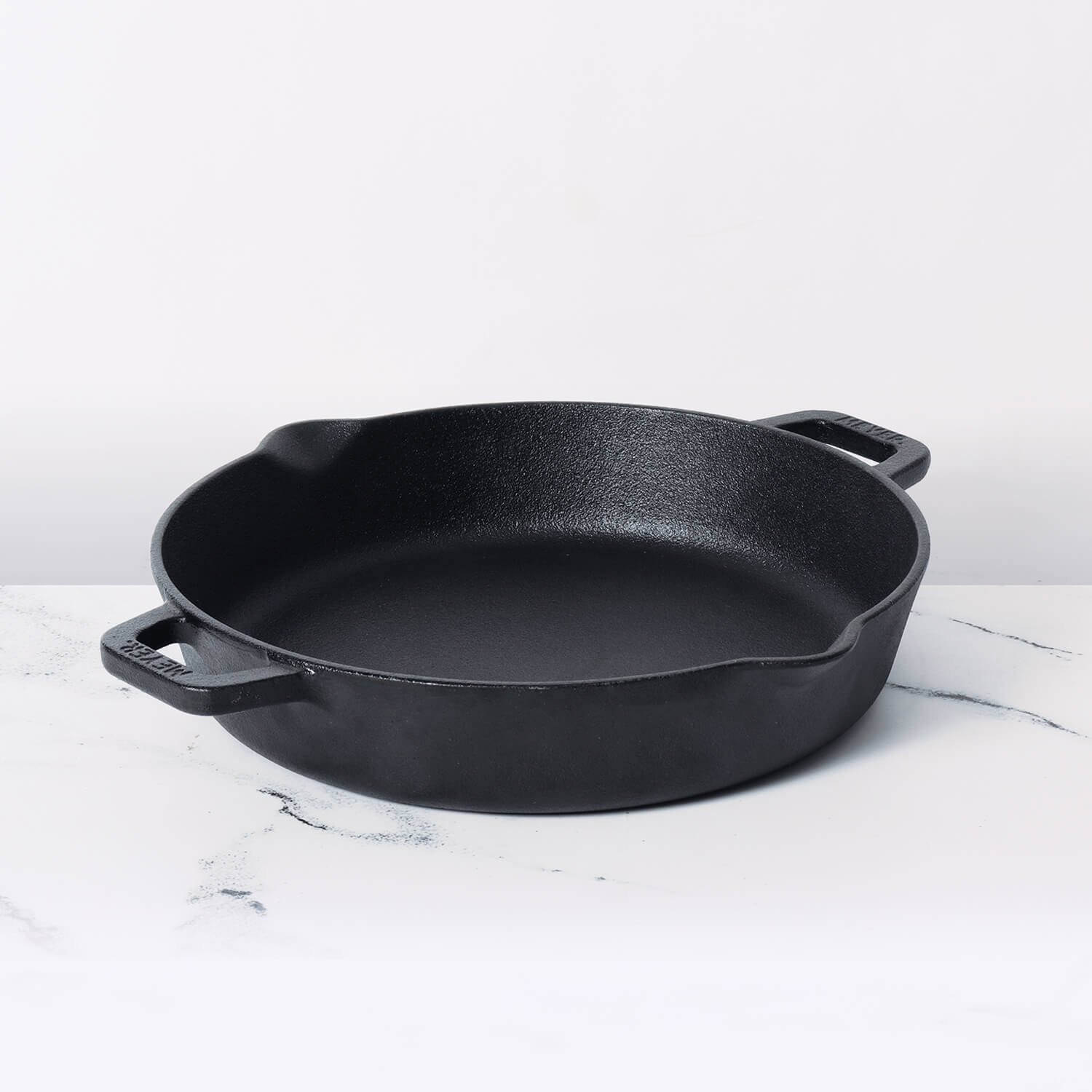
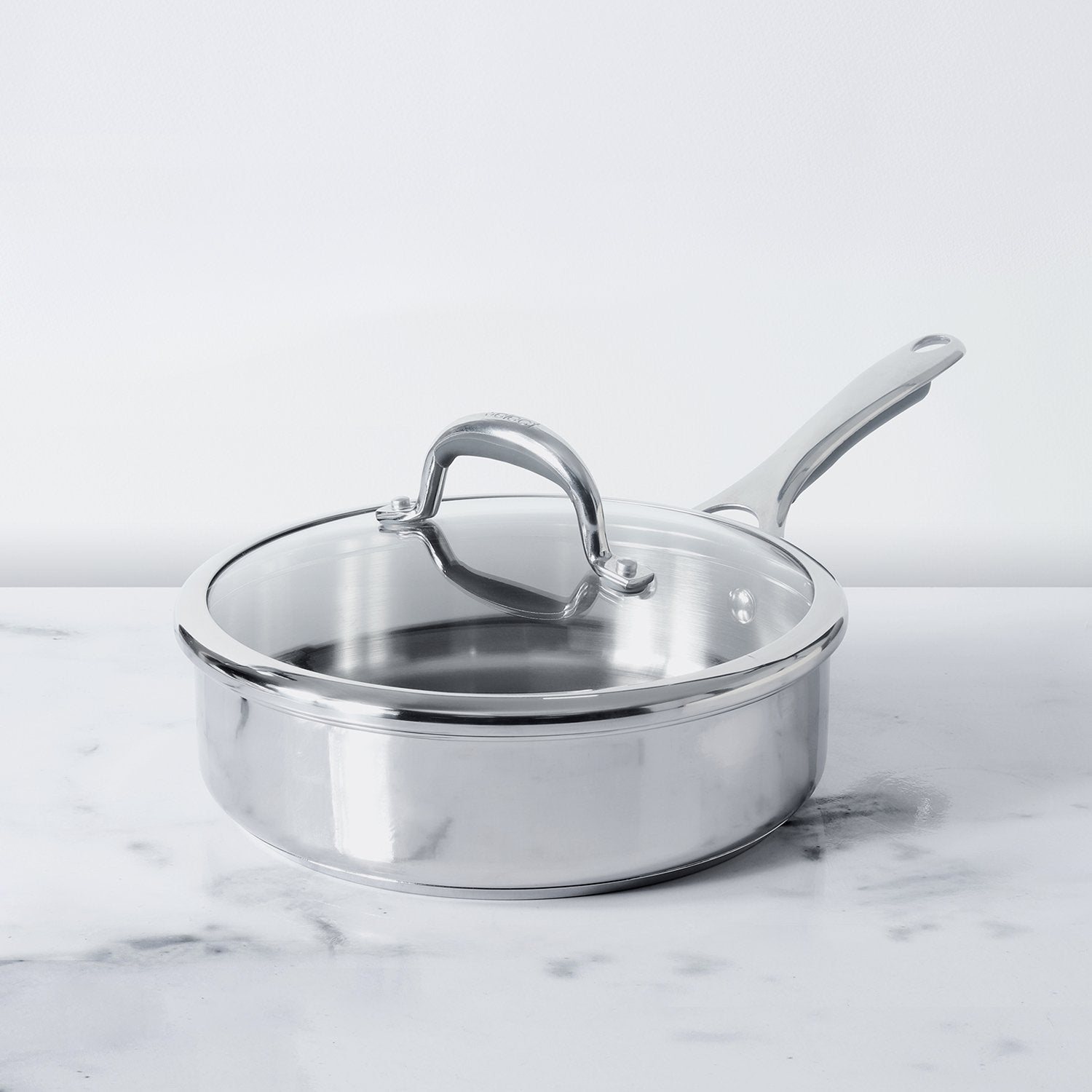




Leave a comment